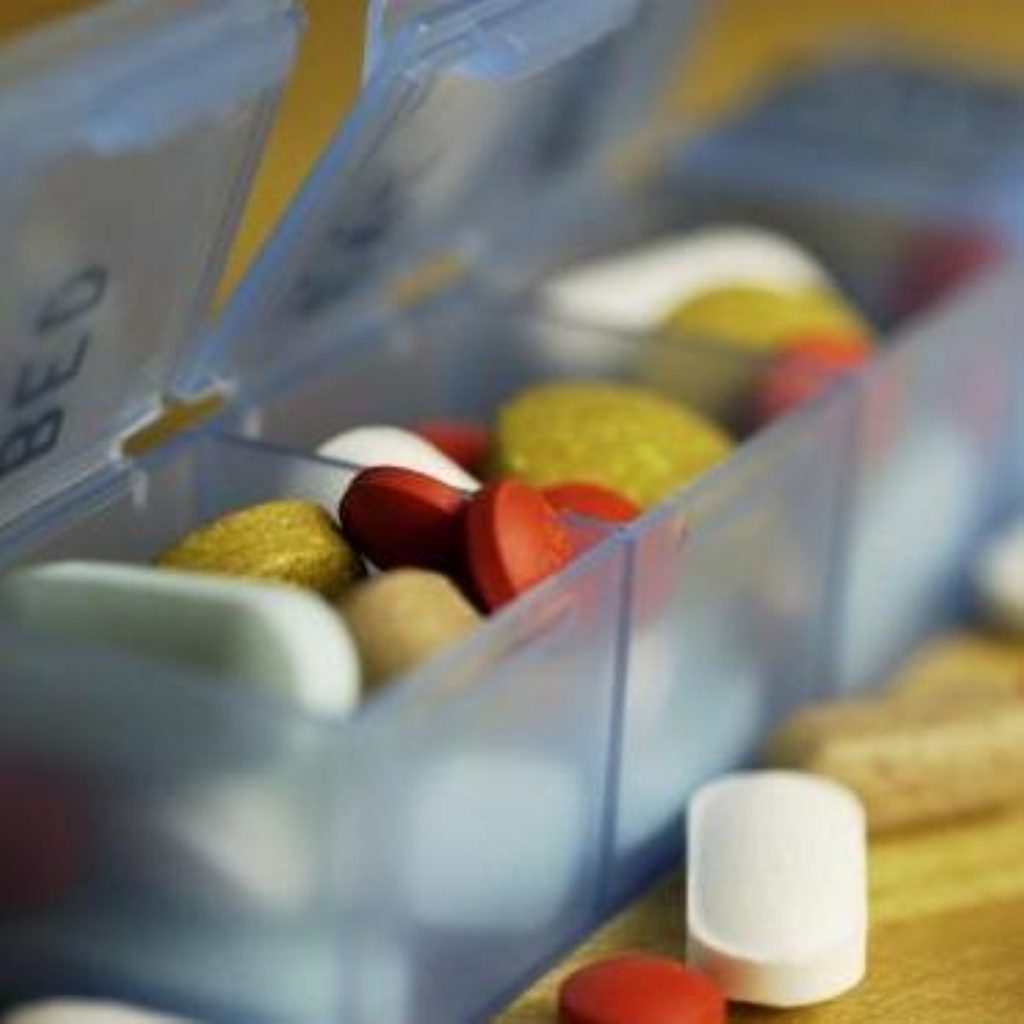Johnson to push for cheaper NHS drugs deals
Alan Johnson wants to renegotiate with pharmaceutical companies to reduce the NHS drugs bill.
Opposition MPs say the negotiations will be a key test of Mr Johnson and his ability to deliver efficiency to the NHS.
A five-year deal, the pharmaceutical price regulation scheme (PPRS), was agreed in 2005, allowing drugs companies to set their own prices inside maximum profit allowances.
Although championed by the government at the time for bringing drugs prices inline with the rest of Europe, the Office of Fair Trading heavily criticised the PPRS in February.
An investigation found the NHS was paying millions of pounds over the odds for branded drugs and switching to alternatives could save 500 per cent a year.
The OFT said drugs should be priced according to their medicinal benefit, rather than the cost of manufacture.
The National Institute for Clinical Excellence (NICE) has had to reject several supposedly beneficial drugs on the grounds that they are not cost efficient to the NHS.
A Department of Health spokesman said: “The OFT concluded that the pricing system should have a more value-based approach in order to deliver greater benefit to patients.
“It said reform could deliver better value for money for the NHS. The secretary of state has therefore decided that it is timely to enter into a dialogue with the industry to renegotiate the PPRS.”
But he said the new agreement would recognise the contribution the pharmaceutical industry makes to the UK economy.
He added: “It is in all our interests to encourage research and reward innovation, but above all we want to ensure that the taxpayer gets value for money and patients continue to benefit from innovative products at a reasonable price.”
The 2005 deal secured drug price cuts in exchange for allowances for medicinal research.
The Association of British Pharmaceutical Industry (ABPI) maintained the PPRS did a “good job” of delivering value for money.
Lib Dem health spokesman John Pugh argued, however, the relationship between the pharmaceutical industry and the government “has been far too cosy for too long”
British taxpayers pay some of the highest prices in the world for drugs, he claimed.
“The current scheme is confusingly complex but has historically suited the pharmaceutical industry,” he added.





-01.png)